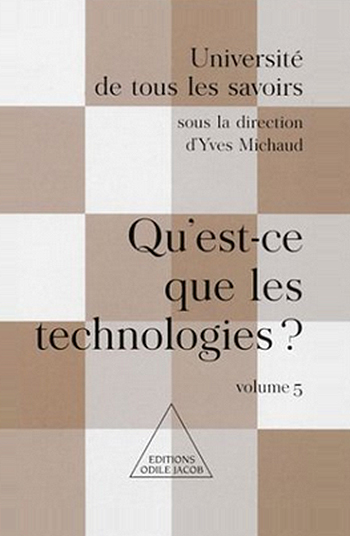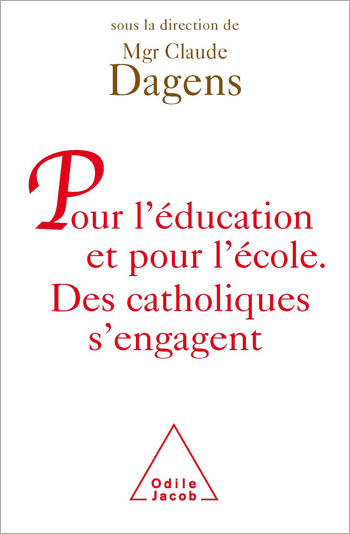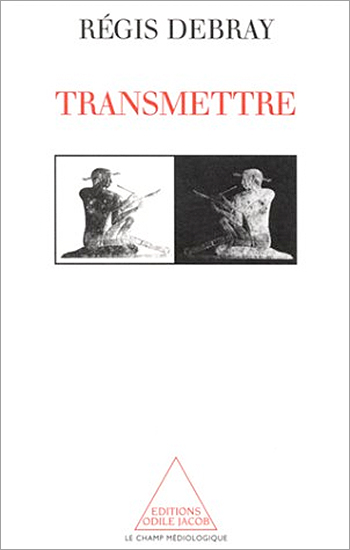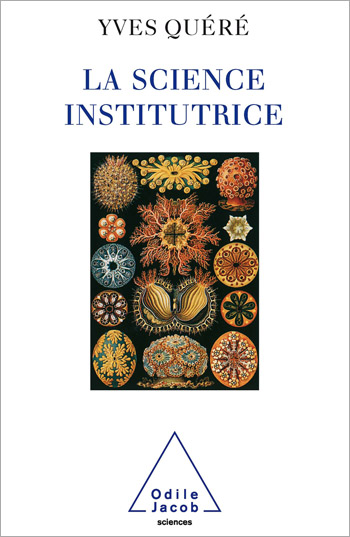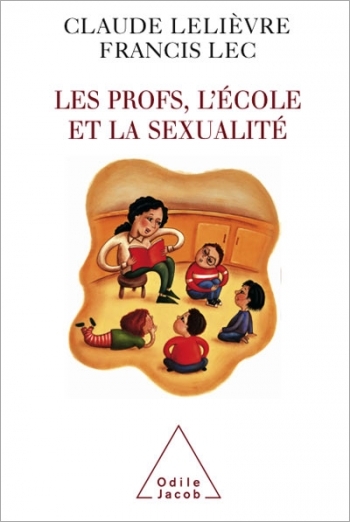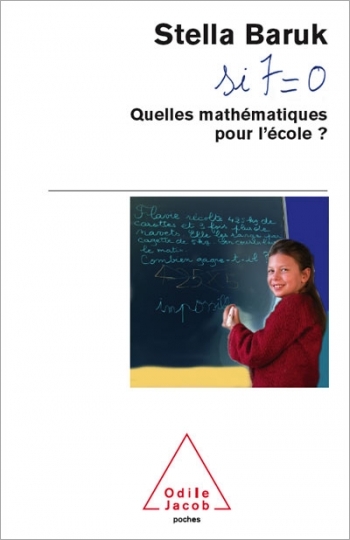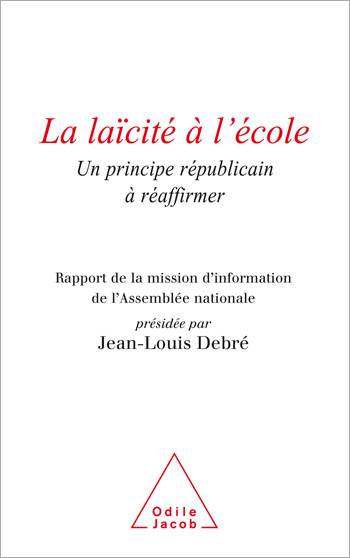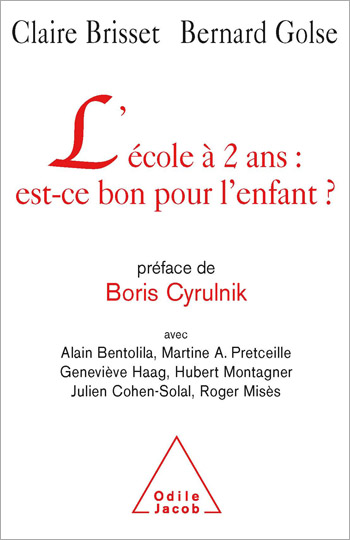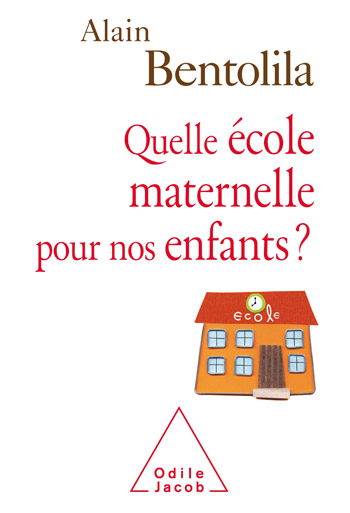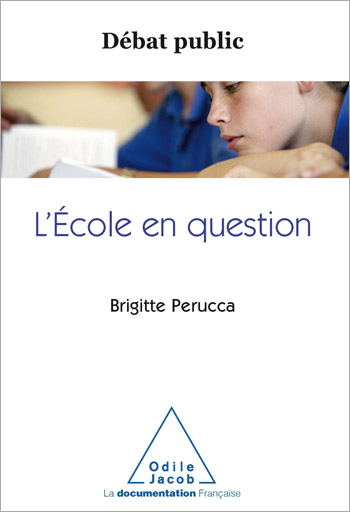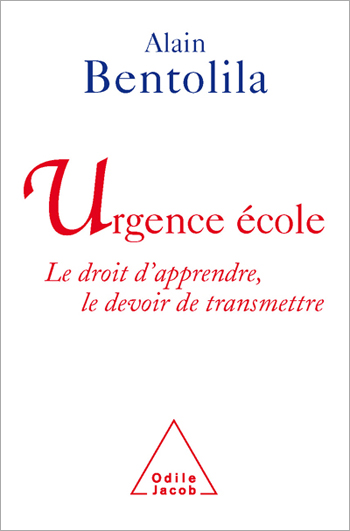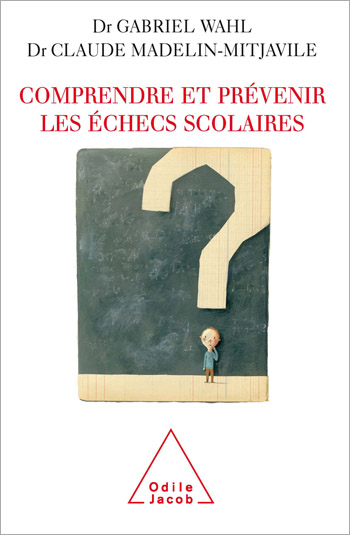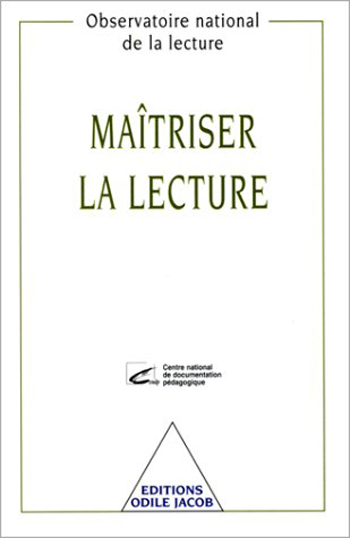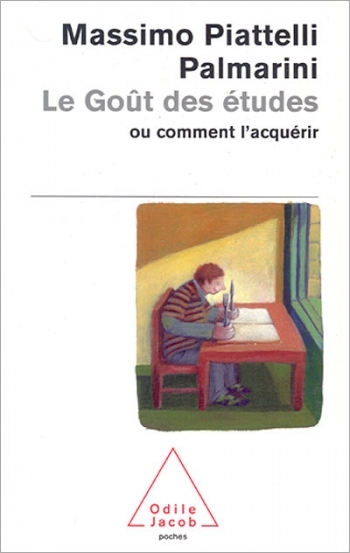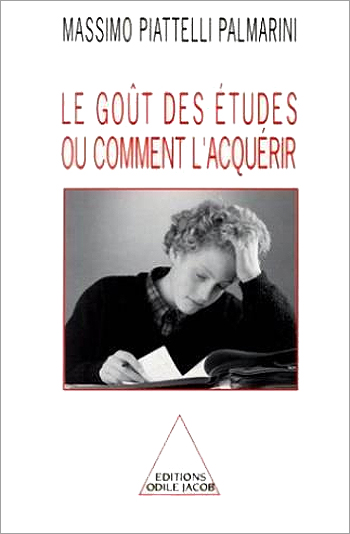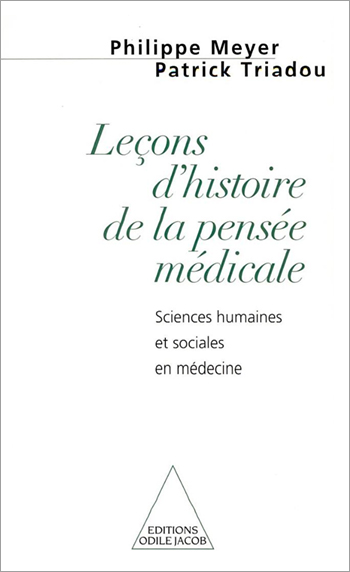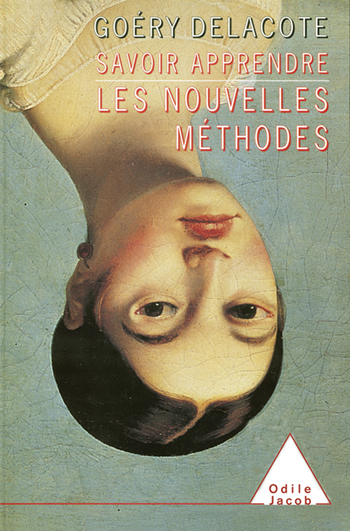Pedagogy, Education, Teaching All books
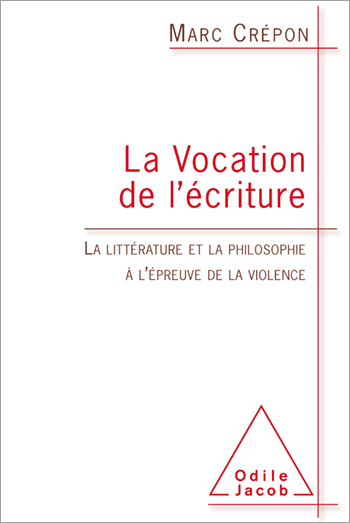
Marc Crépon
The Writer’s Vocation
From earliest childhood we all know how violent, unfair, even inflexible, language can be — particularly when we have to confront our parents’ or schoolteachers’ anger.
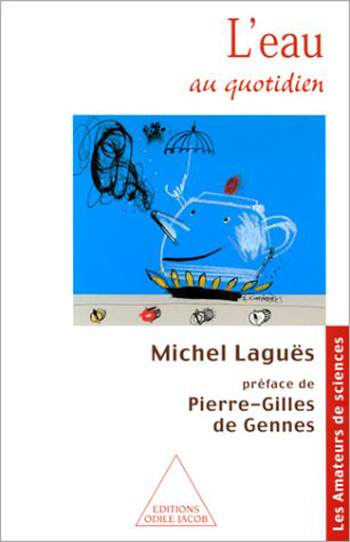
Michel Laguës
Water in Daily Life
With the aid of this book, readers will be able to understand some of the most complex and profound ideas of contemporary physics simply by observing water in their daily lives. Michel Laguës is a research director at the Centre National de la Recherche Scientifique.
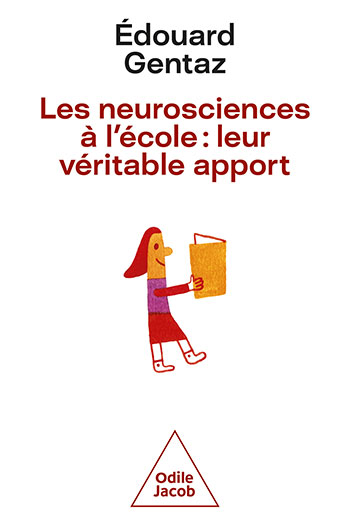
Édouard Gentaz
The True Contribution of Neuroscience to School A Neuromyth?
A clear and practical book, based on several multidisciplinary studies, which critically evaluates the true contribution of neuroscience to teaching and learning.
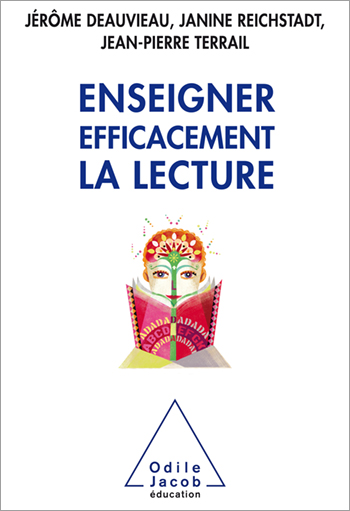
Jérôme Deauviau, Janine Reichstadt, Jean-Pierre Terrail
Teaching Reading Skills Effectively An Enquiry and Its Implications
A clear and precise presentation of the controversy around methods used to teach reading skills in French primary schools
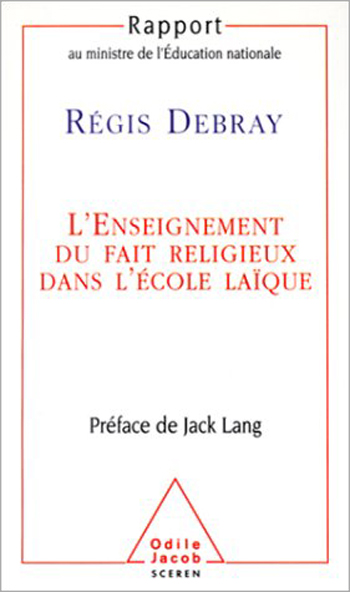
Régis Debray
The Teaching of Religion in State Schools
French public opinion largely approves the idea of reinforcing the study of religion from a cultural perspective in state schools. The intention is not to put God back into the school system. Religious traditions and the future of the humanities now share a common fate, and strengthening religious education will depend on strengthening education as such. The spirit of secularism should have nothing to fear." Régis Debray Régis Debray teaches philosophy.
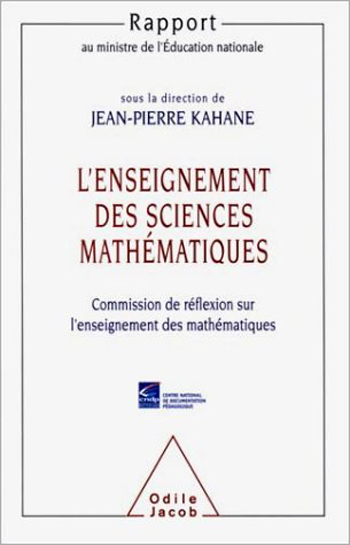
Jean-Pierre Kahane
The Teaching of Mathematical Sciences
What should be the goals and the contents of the mathematics syllabus from primary school to university? What changes should be undertaken to accompany and prepare for future developments in science and technology? And how should the initial training, competitive recruitment and further education of maths teachers evolve and develop? This book is the fruit of several months work by a committee, presided by the mathematician Jean-Pierre Kahane, on the future of the teaching of mathematics.
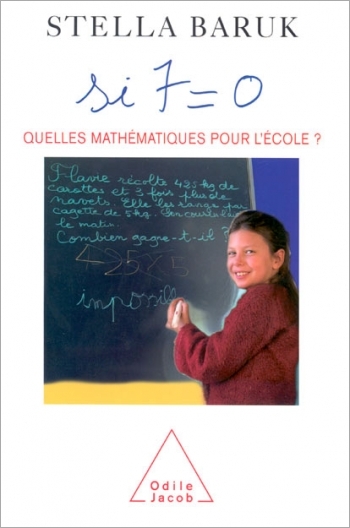
Stella Baruk
Si 7 = 0. Quelles mathématiques pour l'école ?
Stella Baruk is known for her uncompromising criticism of the way mathematics is taught at school. She sees children's frequent aversion to the subject as a clear demonstration of the failure of current methods. Following her earlier book, L'Age du Capitaine, in which she denounced the meaningless mathematical problems that children were burdened with and enjoined to solve, she now addresses the difficulties encountered by the new generation of the captain's children. She has reproduced pages from the exercise books of primary school pupils, with a commentary underlining the confusion created by modern maths in the minds of children who are not yet familiar with mathematics. Her message is clear: the fault lies not in modern maths, but in the fact that the cart has been put before the horse. Modern maths was created to generalise operations and structures that recur in every aspect of mathematics, and modern maths cannot be correctly understood without the full mastery of those operations and structures. Yet, the teaching of mathematics has been turned on its head, with the abstract being taught before the concrete and the general before the specific - with the result that empty formalism is all that is being passed on. Baruk's very precise analyses, illustrated with specific examples, will help parents understand their children's mistakes and difficulties, so that they can help them overcome them. Stella Baruk is a mathematics teacher and pedagogical researcher.
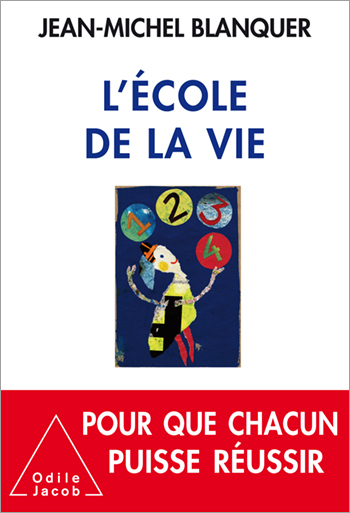
Jean-Michel Blanquer
The School of Life
To surmount the on-going fruitless discussions on education, the author proposes a series of guidelines for an open, humanistic school system.
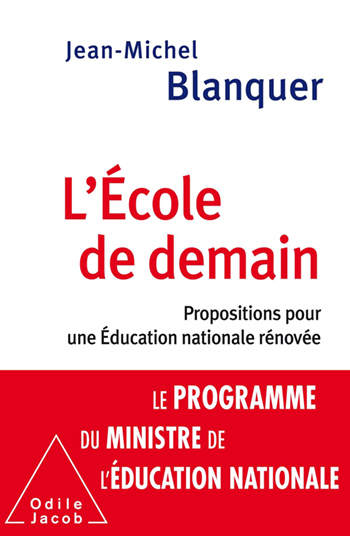
Jean-Michel Blanquer
The School for the Future in France
A informed contribution to the debate on education and the university in this pre-election period. Selected and finely-drawn examples from around the world illustrate how these contradictions can be overcome: Stanford and Silicon Valley, Singapore University, the Ecole Polytechnique de Lausanne nd research, ESSEC and entrepreneurship, and more.
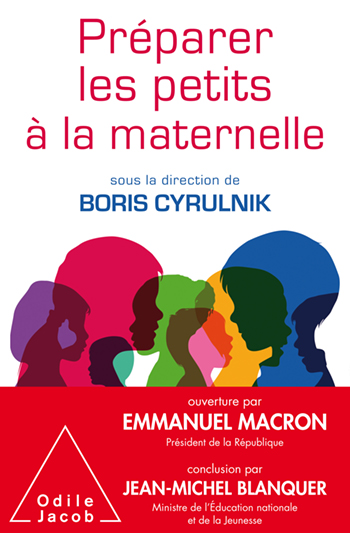
Boris Cyrulnik
Preparing the children for kindergarten
Boris Cyrulnik, accompanied by a dozen early childhood experts, leads an exploration of how we can build the kindergarten of tomorrow and how we can give our little ones the very best chance of success
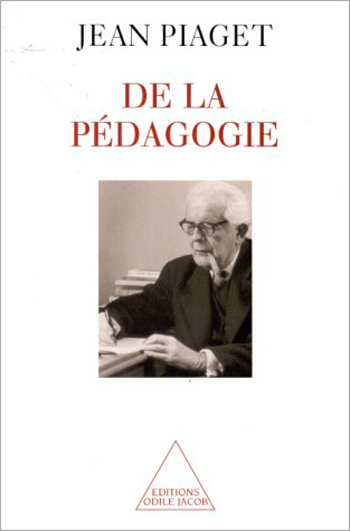
Jean Piaget
Of Education
What is the teacher's role and how important is it in a child's education? Should this role include the shaping in the child's mind of the tools with which to grasp and comprehend the world? How should activities be presented so as to be easily understood by children? What are the difficulties that children encounter when resolving mathematical problems? Pedagogical methodology, the role of the educator, and the child's autonomy : these are some of the subjects that Piaget reflected on throughout his life and which remain central to educational concerns today.
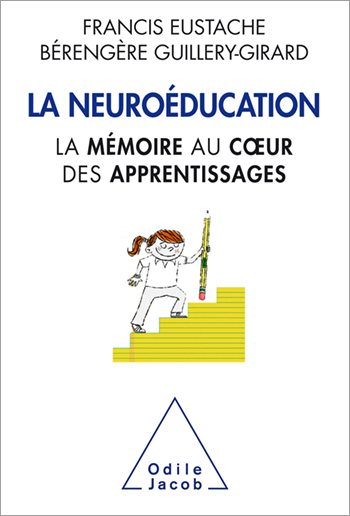
Francis Eustache, Bérengère Guillery-Girard
Neuro-Education Memory in Child Development and Optimising Memory Skills in the Classroom
Understanding the mysteries of memory to improve learning skills
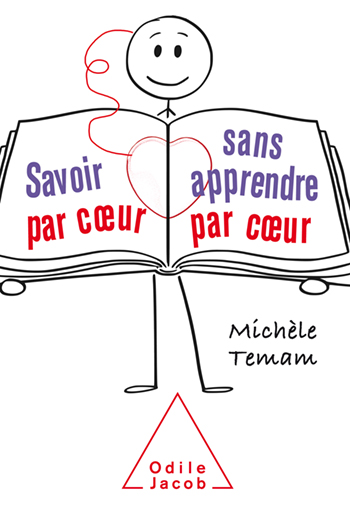
Michèle Temam
Memorizing without Memorization
A practical guide intended for students, combining a method, its direct application, and a scientific explanation for that method.
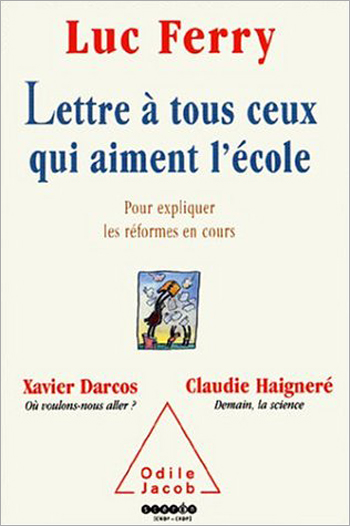
Luc Ferry, Xavier Darcos, Claudie Haigneré
A letter to all those who like school To explain the current reforms
Our education system was and still is today one of the best in the world. However, it is now experiencing new problems, which have been consistently denied as a result of both political point scoring and a lack of courage. Dare we suggest that the true reasons for these indisputable difficulties actually come, for the most part, from the school itself ? What is the solution ? How can teachers be helped to do their best so that their pupils perform better ?" Luc Ferry
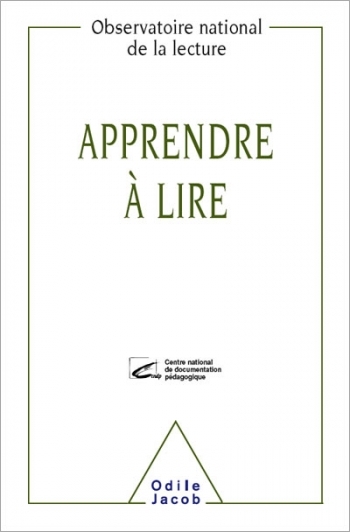
Observatoire national de la lecture
Learning to Read
Learning to read is a continuous process which runs throughout primary and secondary school, and indeed through the whole of life. However, the crucial time is the first two years of primary school - it is at this time that the child learns the code of the written language and begins to undertake the reading of texts. This report summarises recent research by the best specialists working in the field and provides essential information on the thorny issue of children suffering from reading difficulties. The French National Reading Research Institute is a consultative body of the National Education Ministry and brings together teachers, researchers, school inspectors and representatives of the parents of pupils.

